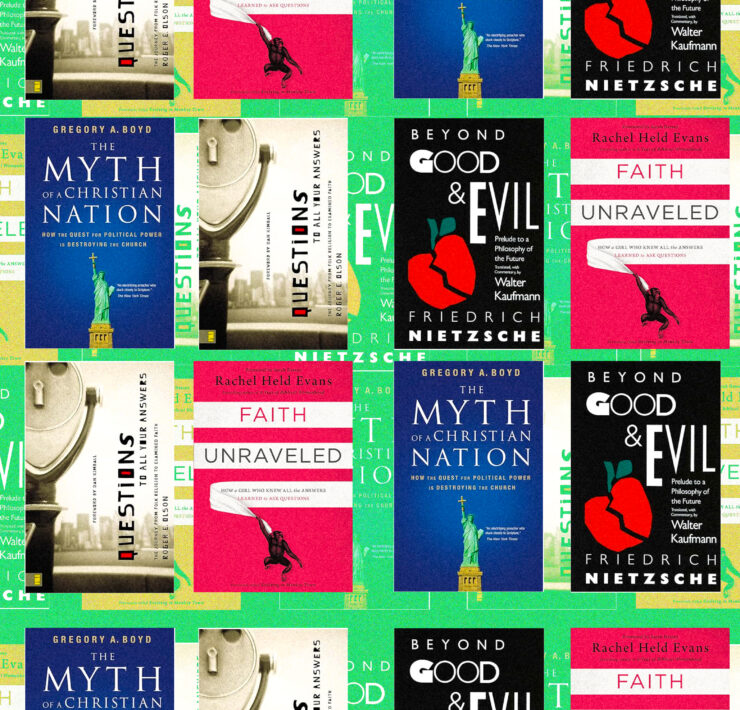
Remarkable news from the World Health Organization today, where the world’s first malaria vaccine has been approved for distribution. Malaria is the oldest known infectious disease, responsible for killing around half a million people every year — mostly children in sub-Saharan Africa. The quest to find a vaccine is around 100 years old, and its success could save tens of thousands of lives every year.
Dr. Pedro Alonso, director of the WHO’s global malaria program, called the endorsement “a historic event.”
“From a scientific perspective, this is a massive breakthrough,” he continued. “From a public health perspective this is a historical feat.”
“The long-awaited malaria vaccine for children is a breakthrough for science, child health and malaria control,” Dr. Tedros Adhanom Ghebreyesus, director-general of the W.H.O agreed. “[It] could save tens of thousands of young lives each year.”
“Progress against malaria has really stalled over the last five or six years, particularly in some of the hardest hit countries in the world,” said Ashley Birkett, leader of malaria programs at a nonprofit global health organization called PATH. She told the New York Times that the new vaccine has “potential for very, very significant impact.”
Malaria is a notoriously difficult parasite to combat, especially compared to things like the novel coronavirus that causes COVID-19. Malaria rapidly evolved to evade our own natural immune systems and can morphs between several different life cycles after infection. The BBC compared fighting malaria to “nailing jelly to the wall.”
However, clinical trials found that the vaccine had an efficacy of about 50 percent against severe cases. In terms of vaccine efficacy, that’s pretty moderate (generally speaking, it’s rare for vaccines to be have near-100 percent rates of effectiveness, as the approved COVID-19 vaccines do) but modeling programs predict that this alone could prevent 5.4 million cases and 23,000 deaths in children under five years old every single year.
The difficulty now is making sure the vaccine is widely available and administered correctly. It’s called Mosquirix and requires four doses over a period of about two years. Following clinical trials, the vaccine has been rolled out into Kenya, Malawi and Ghana, where more than 800,000 children have been innoculated. That means the number of children protected from malaria in those places has skyrocketed from 70 percent to about 90 percent.
Questions of distribution and priority remain, since the global vaccine alliance Gavi has to offer its own board approval and then buy vaccines for interested countries, a process that could take over a year. But it’s a major victory in one of the humanity’s oldest, toughest and most urgent ongoing medical battles.






















